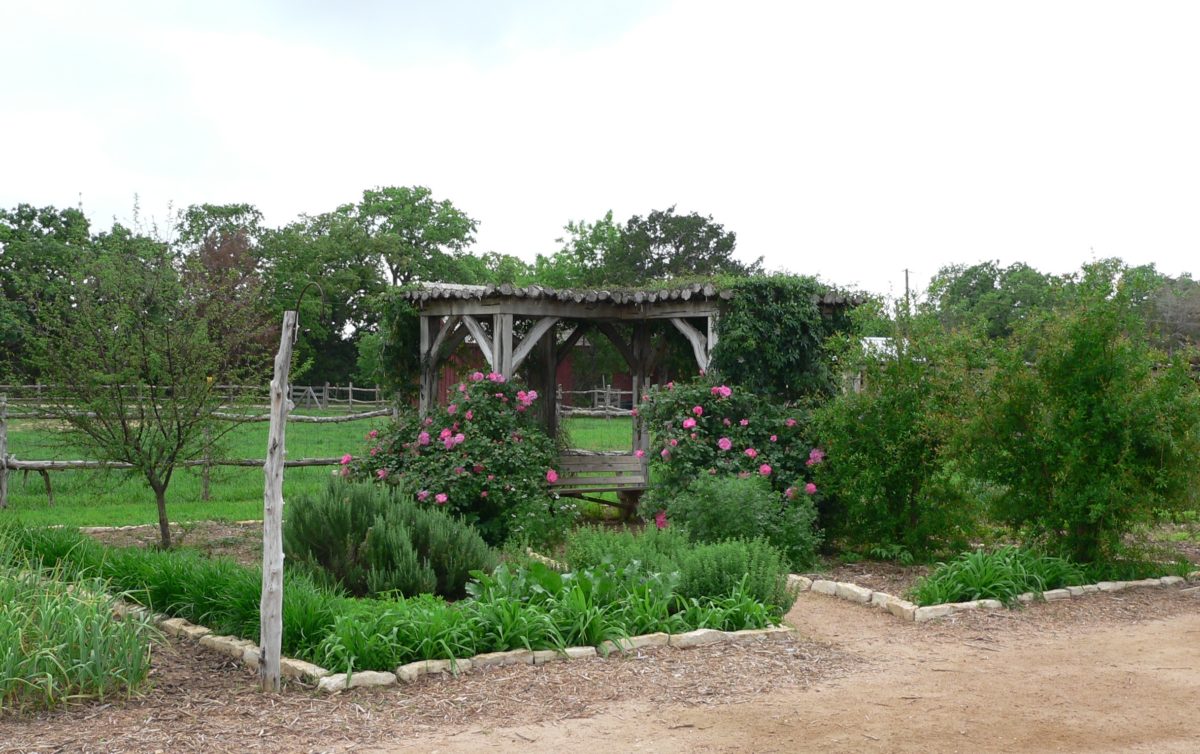
Gardening and farming are an important part of sustainable living. When we farm and garden with traditional methods there is always more to learn that will help us raise food and care for our livestock and land more effectively. Therefore, we have a number of agricultural projects in progress right now, including:
- Soil Amendments — We keep an eye open for soil amendments that work well and that are either inexpensive to purchase or something you can make, yourself. Ideally, we prefer soil amendments that you can produce on the farm. Two soil amendments we’re currently testing are Biochar and Sea-Agra-90. Biochar is made from charcoal, and you can make it on the homestead. Charcoal is able to absorb nutrients, and the idea behind Biochar is that it will absorb nutrients and release them slowly over time, so it may be useful if you have poor or sandy soils. Sea-Agra-90 is a mined sea salt that contains many trace minerals and is reported to boost yields. Some people might object to putting salt on their soil, but thus far, we’ve seen no reports of problems due to salinity, and the salt is not used in large quantities. We’re conducting a multiple-year test with these two soil amendments to determine their effects on the yields and health of various crops.
- Low Gluten Wheat and Barley — Many modern wheats have been optimized for high yield and high gluten content. It seems that more and more people are experiencing health problems related to those high gluten wheats, so we’re conducting field trials of about twenty varieties of low gluten wheat and barley, some of which are rare and ancient varieties. Our purpose for this research is to identify varieties that will grow well here and that work well for making bread and other baked goods. We describe this project in more detail in A Wheat Trial of Ancient and Heirloom Wheat Varieties.
- Hydrology Research — Dr. Yelderman, a geology professor at Baylor University and his students are working with us with this project. On our 500 acre farm, we have several wells for irrigation and domestic use. We’ve begun using a number of methods to improve our pastures and increase water infiltration into the soils. Our goal is to bring our farm to a higher level of productivity and document the effect that our land management practices are having on our water table, our wells and our ability to grow grasses and other vegetation as feed for our animals.
- Micro-climate and Diversity — If you’re going to garden organically, it’s important to have diversity, both in regard to plants and in regard to beneficial bugs and other animals. Frogs, lizards and bluebirds help control garden pests. Ladybugs and lacewings are very effective against aphids. To attract the beneficial animals, you have to provide an environment that the beneficial animals want to live in — an environment in which they can flourish. That entails having plenty of ground cover and a diversity of plants, among other things. Micro-climate goes hand-in-hand with diversity and is also very important. You can’t control the weather and the general climate for your area, but with things like windbreaks and mulch, you can make a difference in the “micro” climate of your garden, reducing wind speed so that plants don’t undergo as much stress and keeping soil cool and moist while improving water infiltration. In our model homestead, we’re planting a living windbreak composed of grapevines and fruit trees and considering putting in a small pond and taking other steps to attract more beneficial creatures.
If you’re interested in learning more about any of these projects, please let us know.

I am very interested in following all of these topics especially your testing on soil amendments and the low gluten wheat and barley.
Jennifer, yesterday we posted the following article, which gives more information about the wheat variety trial:
A Wheat Trial of Ancient and Heirloom Wheat Varieties